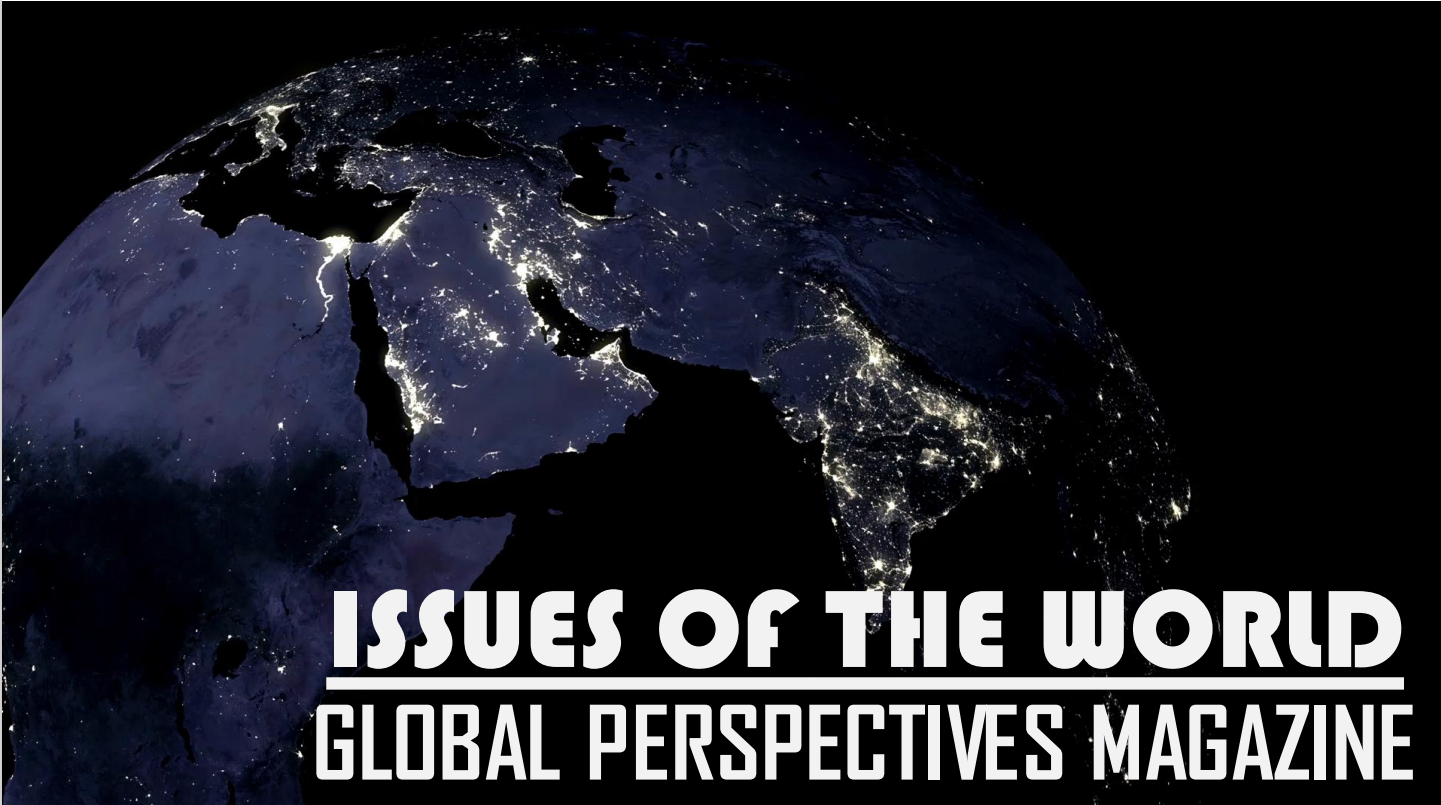Global Perspectives
This subject provides opportunities for enquiry into and reflection on key global issues from different perspectives: personal, local/national and global. At the same time, Global Perspectives encourages awareness of global problems and offers a range of opportunities to explore solutions through cooperation and collaboration. Students learn how to explore lines of reasoning, how to research, analyse and evaluate information critically, and how to direct their own learning, developing independence of thought.
The course is not about getting everybody to think identically; rather it is a matter of opening minds to the complexity of the world and of human thought, while encouraging empathy for the diversity of human experience and feeling.
KS4 (Years 10 and 11): IGCSE
In Years 10 and 11, we follow the Cambridge IGCSE Global Perspectives (0457) specification. The study of IGCSE Global Perspectives provides opportunities for enquiry into and reflection on stimulating topics that have global significance. Students learn how to research, analyse and assess information critically, as well as explore lines of reasoning, work collaboratively with others and direct much of their own learning, developing independence of thought.
During the course, students complete Coursework that is to be submitted to the Examination Board in the form of an Individual Report and a Team Project. In consultation with their teacher, students choose to engage with at least two Areas of Study from a wider range of topics that includes Biodiversity and Ecosystem Loss, Digital World, Sustainable Living, Disease and Health, Human Rights and Sport and Recreation. At the end of the course, students complete a skills-based Written Examination which does not examine students’ knowledge of a particular topic, but instead the paper provides a context for the assessment of students’ understanding of global issues and the skills they have developed and applied.
What will I learn?
Global Perspectives will help you extend your understanding of the world, but also develop your potential to understand different perspectives and to make reasoned responses.
This course encourages awareness and investigation of stimulating topics and issues of global significance and offers a range of opportunities to explore solutions through cooperation and collaboration. You will have the chance to acquire and apply a range of skills, such as researching, analysing, evaluating and communicating information, developing and justifying a line of reasoning, reflecting on processes and outcomes and collaborating to achieve a common outcome. You will learn to direct your own learning and develop an independence of thought.
Global Perspectives emphasises the development and application of skills rather than the acquisition of knowledge. Candidates develop transferable critical thinking skills that will be useful for further study in various disciplines and for young people as active citizens of the future.
Curriuculum Content
Global Perspectives emphasises the development and application of skills rather than the acquisition of knowledge. Candidates develop transferable skills that will be useful for further study in various disciplines and for young people as active citizens of the future.
There are three components to the Global Perspectives examination:
- Written examination (1 hour 15 minutes) 35%
- Coursework: Individual Report 30%
- Coursework: Team Project 35%
What sort of homework will I be set?
You will be set practice activities on the skills that you have developed, past paper practice, individual research and collaborative work.
KS5 AS / A level: Global Perspectives
In KS5 Global Perspectives students develop their understanding of texts throughs analysis, evaluation and synthesis by reflecting on global topics. There is a range of topics students can choose such as Animal rights, Ethics of food, Global Inequality, Social Change and Development, Urbanization, Crime and Scientific Innovation. Students are encouraged to take initiatives in researching and developing their own thesis on these global issues. Our students develop independent thinking skills, while applying appropriate research methods and methodology. By interrogating, exploring and communicating personal reflection on the topics they develop critical thinking and independence in learning which is an essential component of the course.
As a skills-based subject students select their own topic from a range of areas and draw upon their own knowledge and understanding of other subjects. The cross-curricular nature of this subject allows students to develop skills that are transferable across various subjects and provides students with the opportunity to produce academic writing equivalent to research standards at university level.


